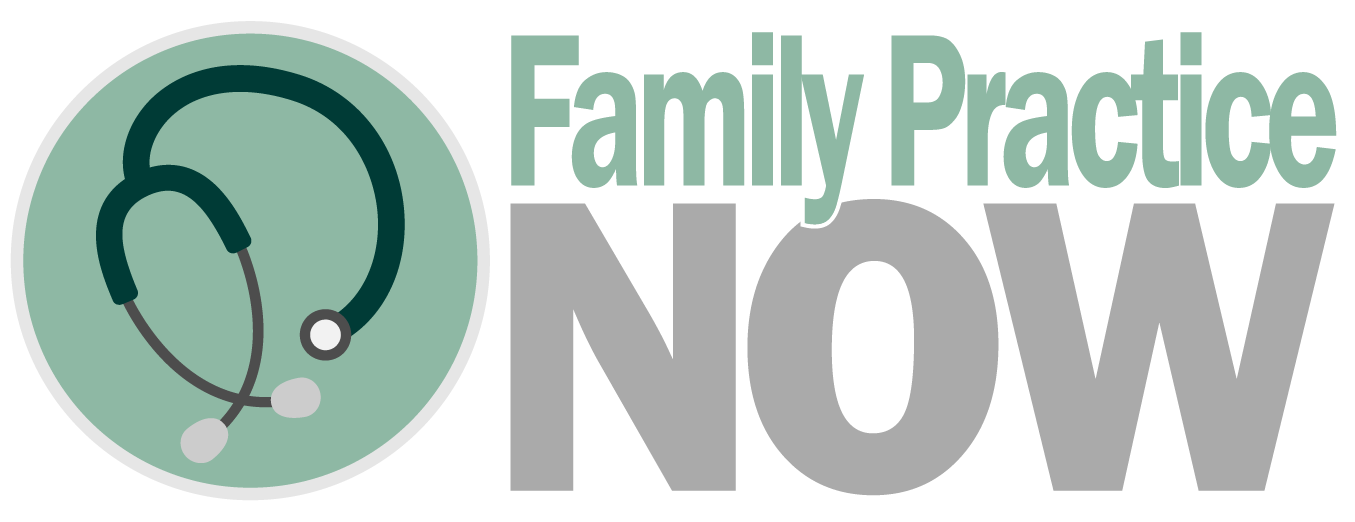Premier - Local Family Doctor
-
Pre-Menstrual Syndrome
Premenstrual syndrome or PMS is actually a cluster of symptoms that occur two to ten days before menstruation. These symptoms vary, but mostly mood swings, depression, breast tenderness, bloating, or even night sweats.
-
What is Pre-Menstrual Syndrome
Premenstrual syndrome or PMS is actually a cluster of symptoms that occur two to ten days before menstruation. These symptoms vary, but mostly mood swings, depression, breast tenderness, bloating, or even night sweats.

That requires intervention and often these women are prescribed SSRIs. Often seeing a local family physician or a physiotherapist in conjunction with a registered dietitian and athletic therapist is a great option to take control of this condition.




